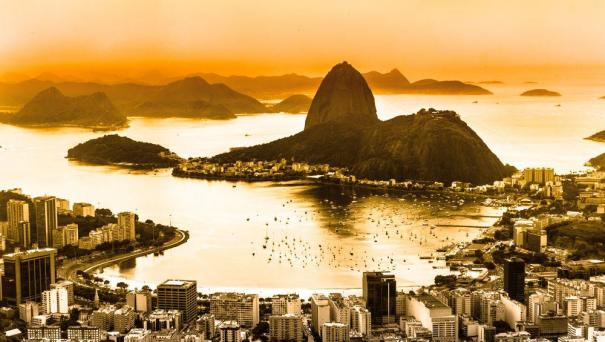About Rio De Janeiro
Rio de Janeiro is a huge seaside city in Brazil, famed for its Copacabana and Ipanema beaches, 38m Christ the Redeemer statue atop Mt. Corcovado and Sugarloaf, a granite monolith with cable cars to its summit. The city is also known for its sprawling favelas (shanty towns). Its raucous Carnival festival, featuring parade floats, flamboyant costumes and samba, is considered the world’s largest. Founded in 1565 by the Portuguese, the city was initially the seat of the Captaincy of Rio de Janeiro, a domain of the Portuguese Empire. The population is 6.4 million based on a 1014 census. Rio de Janeiro is Brazil's primary tourist attraction and resort. It receives the most visitors per year of any city in South America with 1.81 million international tourists a year. The city sports world-class hotels, approximately 80 kilometres of beaches and the famous Corcovado and Sugarloaf Mountains. Rio has a Tropical savanna climate with long periods of heavy rain from December to March. Between April and September the temperature averages about 11oC with small amounts of rain. The sea temperature remains pretty constant at between 11oC and 16oC
